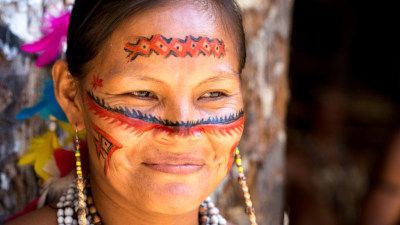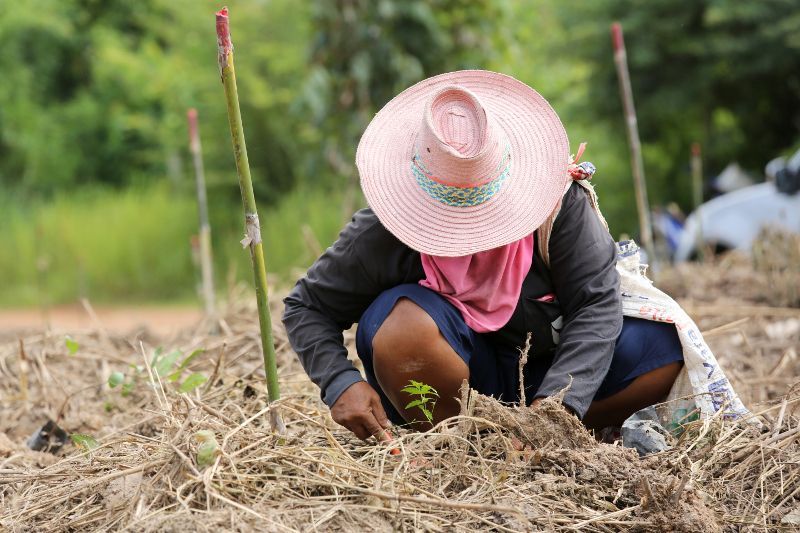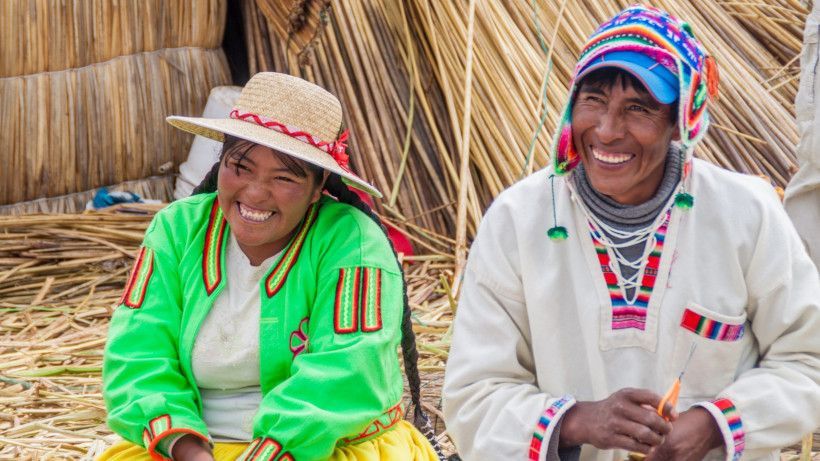As on every August 9 since 1982, the International Day of Indigenous Peoples, proclaimed by the United Nations General Assembly, is celebrated.
This date commemorates the first meeting of the Working Group on Multiple Populations of native peoples of the Sub-Commission on Prevention of Discrimination and Protection of Minorities. The theme commemorated this year (unfortunately) is COVID-19 and the resistance of Indigenous Peoples. The aim is to highlight how the preservation and promotion of traditional knowledge and practices of Indigenous Peoples can be further harnessed during this pandemic.
Did you also know that according to the ILO there are currently about 55 million indigenous people in Latin America, representing almost 8.5 percent of the total population of the region? The participation of Indigenous Peoples, guaranteeing the exercise of their collective rights, is key to achieving the ambitions of the Sustainable Development Goals without leaving anyone behind.

Indigenous Peoples should be synonymous with resilience, since having contributed somewhat to the problem of climate change, they are the ones who suffer most and offer the most in the fight against its effects. In recent years, the world has begun to value the knowledge and traditions related to their sustainable management of natural resources, climate resilience and promotion of food systems that provide healthy nutrition for all. However, much more needs to be done to effectively bring Indigenous Peoples on board in the fight against climate change. Above all, listening to them, promoting, and considering their rights and livelihoods, as well as joint decision making.
Patricia Espinosa, Executive Secretary of the UNFCCC, was already sounding the alarm by stating that
“los indigenous peoples must be part of the solution to climate change. This is because they have the traditional knowledge of their ancestors. The important value of that knowledge simply cannot, and should not, be underestimated. It is also essential for finding solutions today and in the future. The Paris Agreement on Climate Change recognizes this. It recognizes their role in building a world that is resilient to climate impacts”.

As such, in accordance with the Paris Agreement and Decision 1 / CP.21, climate change is a common concern of all mankind. In taking action to address climate change, the respective obligations on, among other things, the rights of Indigenous Peoples and local communities must be respected, promoted and considered.
From the EUROCLIMA+ programme we join the commemoration of this day, and continue our efforts to support the real participation of Indigenous Peoples, as well as other vulnerable populations in the development and strengthening of policies, action plans and other measures linked to the Nationally Determined Contributions. We know that the environmental impacts of climate change are a serious threat to the rights of these populations, and therefore the programme recognizes the need to strengthen the knowledge, technologies and efforts of Indigenous Peoples related to addressing and responding to climate change. We are proud to accompany the Government of Peru and the Ministry of the Environment (MINAM) in the formation of the Indigenous Climate Platform, and we hope that this will be the first of many initiatives that we continue to support. In order to reduce greenhouse emissions, it is fundamental that we also reduce the vulnerability of Indigenous Peoples to the consequences of climate change.
Happy International Indigenous Peoples Day!
More information about the line of action of the EUROCLIMA+ programme "Gender and Vulnerable Groups"

Estíbalitz Morrás. Technical specialist
of the EUROCLIMA+ programme in the
International and Ibero-American
Foundation for Administration and Public Policy
.

